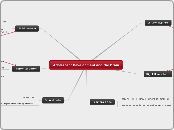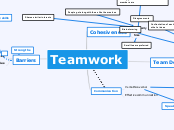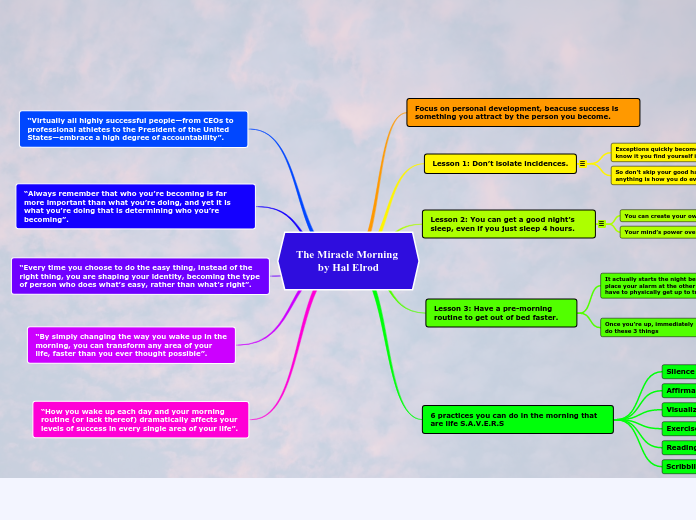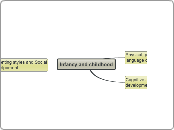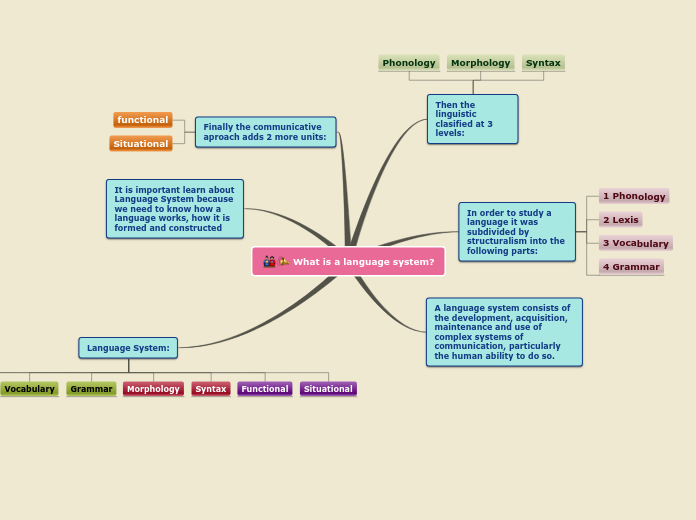по Desiree Lyman 12 лет назад
262
Adolescent Development and the Brain
During adolescence, the brain undergoes significant development that impacts various cognitive and emotional functions. The left hemisphere, essential for language processing and controlling the right side of the body, contrasts with the right hemisphere, which manages spatial-visual information and emotions.
